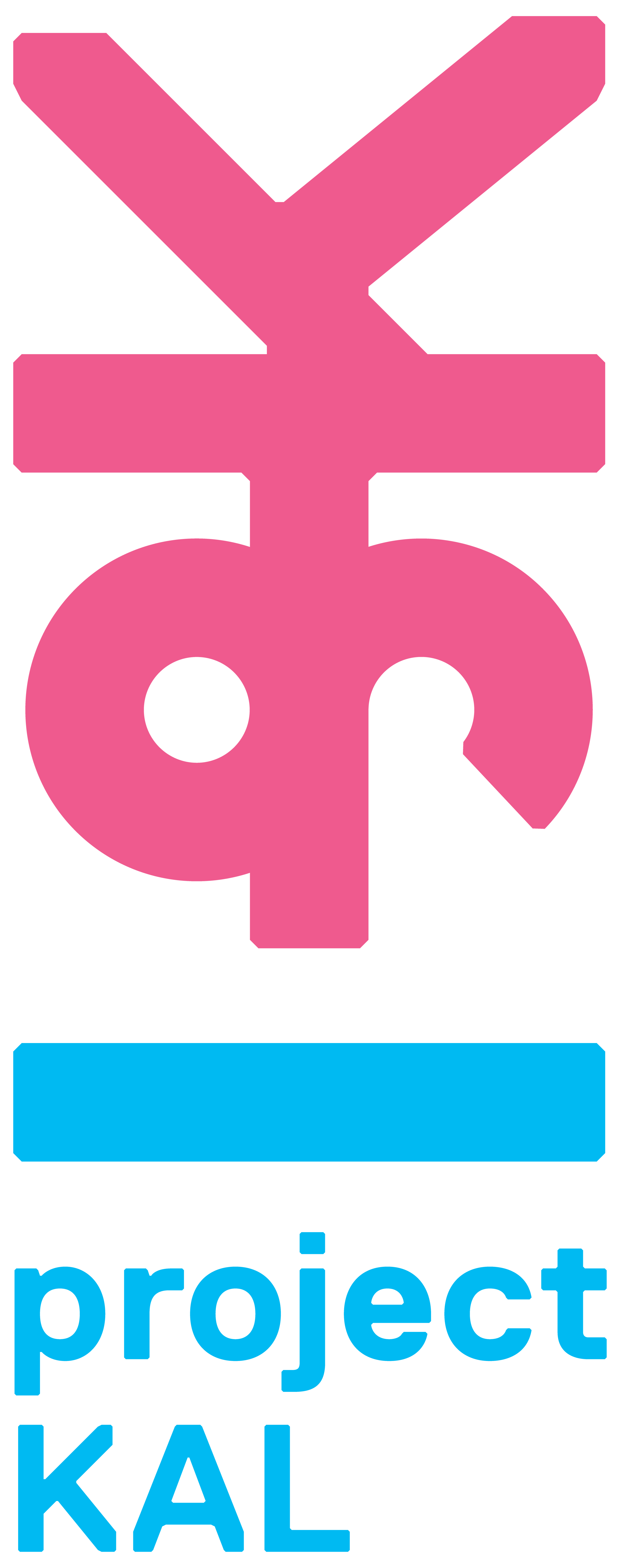Social Entrepreneur Spotlight
Ayla Bajwa
Founder of ampUz
Personal Information/Background
I was born in the United States, raised in California and spent some of my high school years in Pakistan before moving back to the States for higher education. Before moving to Pakistan, I had visited, in fact I had visited a lot. Its not the same thing - not even close to the same thing.
What motivates you and tip for those who want to enter the social impact space?
While you notice the poverty, you don’t see it in the context to your own life. It was difficult to wrap my head around the dichotomy. The situation was jarring while offering luminescent clarity on my future directions. I ached to be a part of a process that aimed to build the gaps in inequality and alleviate disparity. To build a career where the collective understanding was that the status quo was not ‘ok’ – at all.
I would like to emphasis on the word ‘process’ by no means did I or do I think I will solve all challenges surrounding social and economic disparity, but perhaps I can be a part of a larger system/paradigm shift/process working with people that want to achieve the same thing.
This ache to serve has manifested in multiple forms over the years.
Professional Background
I spent the first 5 years in the development sector working directly with communities living in urban slum areas, rural communities and disaster zones. I then moved to corporate sustainability, acutely aware through my experiences on ground that the private sector cannot be left out of the equation to progress.
More Details about the Initiative - the problem, the solution and the model
Through time spent with both the development, corporate and even interactions with various UN entities, I observed one transcending issue area; the lack of accurate, digestible and impactful reporting. The data points identified to track impact were far from ‘impactful’ and at a very basic ‘output level’. Long terms change was not being monitored. Not to suggest there was a lack of will, but it was more of a lack of ‘way’ and resources.
It was mesmerizing to observe established institutions not efficiently tracking their impact in a time where speaking about high tech concepts like artificial intelligence and blockchain is commonplace. I couldn’t help to ask myself:
Have we jumped before we learned to walk?
Current processes are decentralized and facilitate inaccurate non - comparable annual data collection driven by a plethora of mismanaged spreadsheets. And therefore, I ask the following question:
Isn’t it about time that we apply the same principles of measurement & evaluation of data for business to impact?
Both business and impact activities have a cost and so one would presume that it would be equally critical for organizations to ensure returns on ALL investments.
With this in mind, and with the acute awareness of the data gap in measuring progress towards sustainable development, I was keen to use technology to help fill this data gap. ampUz modules help organizations measure their impact. In the long run ampUz will be a data aggregator to contribute to global challenges surrounding sustainable development and data.
How does ampUz address gender?
We have created a specific module to support efforts to address the gender data gap. We hope the module will help to collect and analyze gender data to drive social and economic progress. For women and girls, basic information about their lives – the work they do, how they spend their time, how many have been born to a household is missing. Rightly put by Data2X if ‘girls are not counted how can they count’? We are excited to partner with Project Kal on the gender module.
ampUz’s mission:
We plan to do this by driving a global community of data producers. If we can encourage organizations both in the private, non - profit and public sector to become data producers the more data we will have on sustainable development.
I am excited to see where this new phase of technology and data applied to sustainable development takes us.
Tips for young social entrepreneurs
It is also a piece of advice that I would give to anyone joining the social impact space. Be a part of it for the process, being a part of the process is the win, seeing the change is the cherry on top.
Be generous with collaborations and partnerships, they are not easy but are necessary. Keep the focus on the cause.

